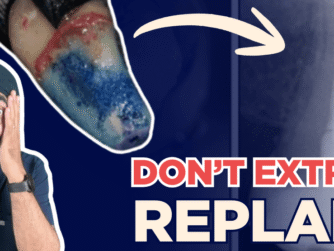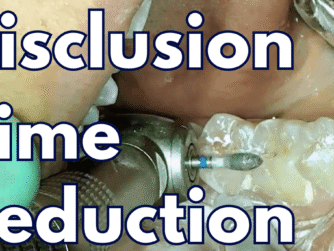Podcast: Play in new window | Download (Duration: 46:42 — 66.6MB)
Subscribe: RSS
In this podcast episode I am joined by Dr Dhru Shah, Periodontist and founder of Dentinal Tubules.
Have you been thinking about a change of scene, or to move away from the shackles of NHS Primary care Dentistry?
Many Dentists have considered making the switch to Private Dentistry. We discuss what it takes in terms of:
- Investments
- Mindset
- Education
- Early career choices
- Mentorship
Above all, make sure you go in to any new career choice with decisions based upon PASSION, not upon FEAR.








[…] you enjoyed this episode, you will also like Transition to Private Dentistry which changed my […]